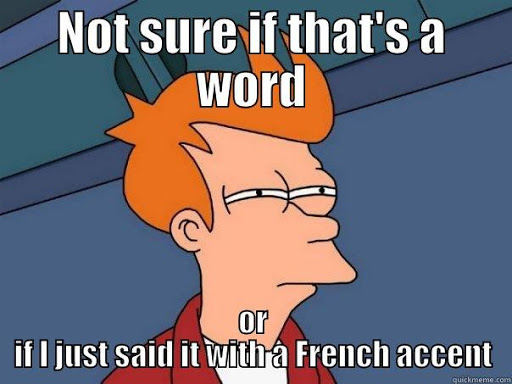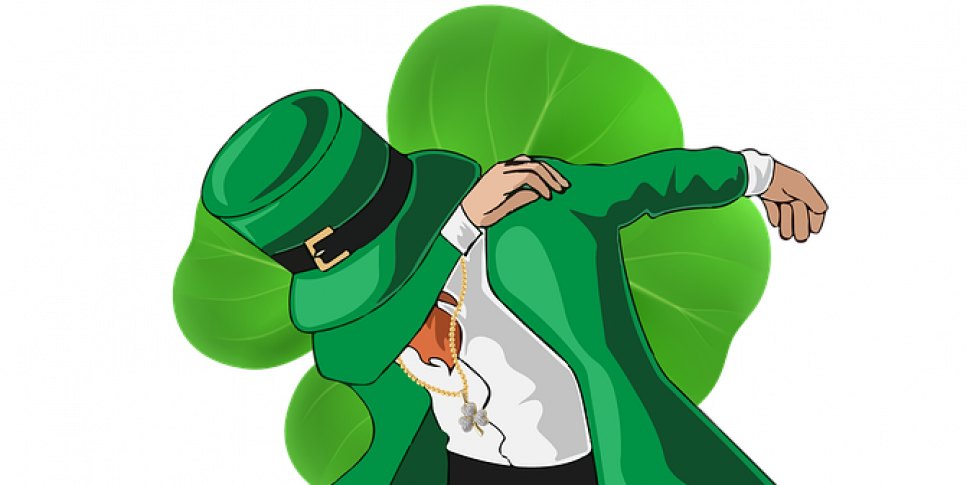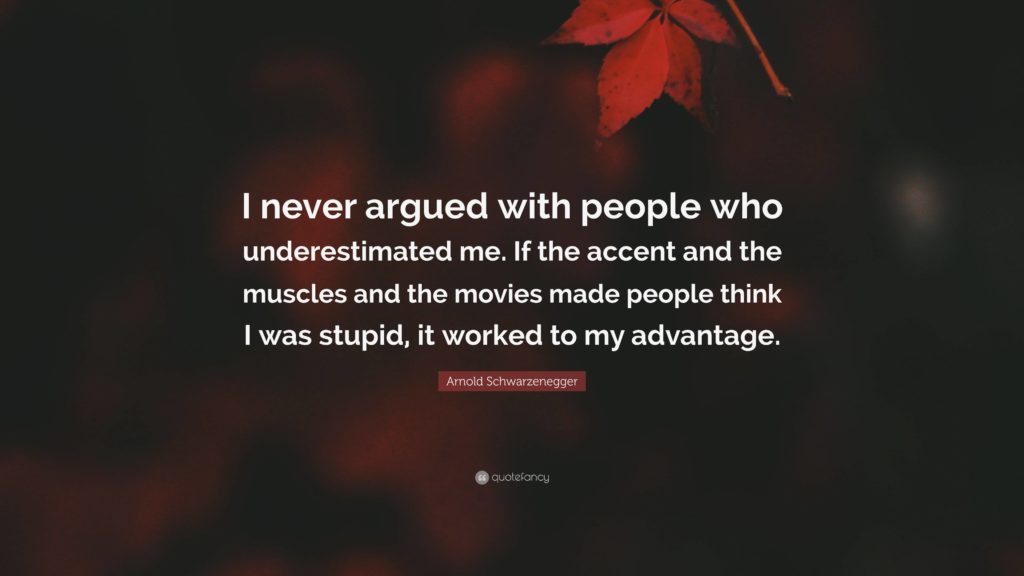Accents: an introduction

I don’t know if you have ever noticed, but, accents play a big role in the way we perceive others.
Depending on your perspective, you might hear someone speak with a very strong accent one day and be unable to understand, smile, laugh, think “what a country bumpkin” if you look down on that person – sadly, it happens – or else think “ah that’s my fellow countryman!”.
Accents might help you sound smarter, funnier, sexier, more friendly, elegant or tackier! Interesting, ain’t it?
What I want to focus on today are accents and slang. They might be disregarded by some ‘so-called’ language professionals or specialists – hopefully, not by many sociologists or anthropologists – and considered as being part of trivialities of the language, but I beg to differ.
I will focus on the importance of accents in this short post but accents and slang will be part of further publications in the future. I plan on writing quite a lot about those two broad topics. It’s also my way of thumbing my nose at those who discredit the importance of vernacular expressions, idioms, customs in their studies.
I consider that you must soak up the culture when learning a language. As a result, vernaculars shouldn’t be put on the back burner at all since they represent the very essence and idiosyncrasies of the language you learn.
Humour, in particular, is essential. And how would you ever have a laugh without accents and slang?
Let’s get cracking!

ACCENTS
Pronunciations and intonations define your identity! As Neil Postman points out in his book “Crazy talk, Stupid talk”, communication – and language per se – is not so much about what you say but how you say it and how it resonates on others! To put it simply, it’s about the impression you leave on others.
There is no such thing as a typical French accent – they are many. The same goes for English and any other language. Whether you grew up in Marseilles, Lille or Paris, if you’re a Cockney or a Mancunian, or even from Beijing or from Guangzhou, it all makes a big difference when you speak your mother tongue! At times, even native speakers have trouble understanding each other. Personally, I love learning new expressions, so I love that!
The French you learn at school is all right and you should be able to hold a conversation anywhere in France if you use it. However, you may not be aware of it, but as you might see below, France has lots of accents due to historical reasons and some words can find their ways into contemporary French. I won’t talk about other sort of French, like Canadian French and so forth…

If I say to a foreigner: “Oh garri! Tu vas où là?” or “Y’a dégun ici, je m’escampe”, I am not sure that person will understand what I am on about. As a matter of fact, neither would a person from Paris or Lille if they are not familiar with my local patois and the backdrop of such a scene.
I find this compelling. Let’s be honest, even though there is nothing wrong with a RP pronunciation, it might be dreary. It’s a no-brainer that you will make yourself understood in most places but where is the authenticity in all of that? What does it reveal about you?

What I mean is uniformity kills! Be who you are and be proud of your accent! Or even better, if you’re as curious as me, trying to imitate other’s accents to learn more about them, their history and their way of speaking (syntax, idioms, etc.) may tickle your fancy. That could be good for your linguistic and adaptative skills.
Are you learning a foreign language or do you plan on become a linguistic ninja? Then, start imitating accents, intonations, and start using idioms – especially slangy ones to come across as a native speaker!
Besides, accents reveal your identity and you should be proud of using those tones or expressions you grew up with! If people sneer or laugh at you, let them be. They also might be jealous of your culture and your ability to have such a different identity!

Let me also remind you that when they were young, people who were different usually hoped to be like anyone else and follow the norm because it takes some pluck to remain true to yourself amid peer pressure…
However, quite the reverse applies as well. Normal kids dreamt to be different because uniformity can be scary and may, for some only, reveal a certain lack of personality. After all, adults are just kids who grew up – aren’t they?
So just be yourself! Be proud of your accent if you have one. That’s part of your charm! And for those of you who want to learn more about dialects and accents, stay tuned! I’ll be back with a lot more information on that.
Till then, stay safe! 😉
In conclusion, here is a lame joke:

Posted on January 26, 2021 by Mat.


